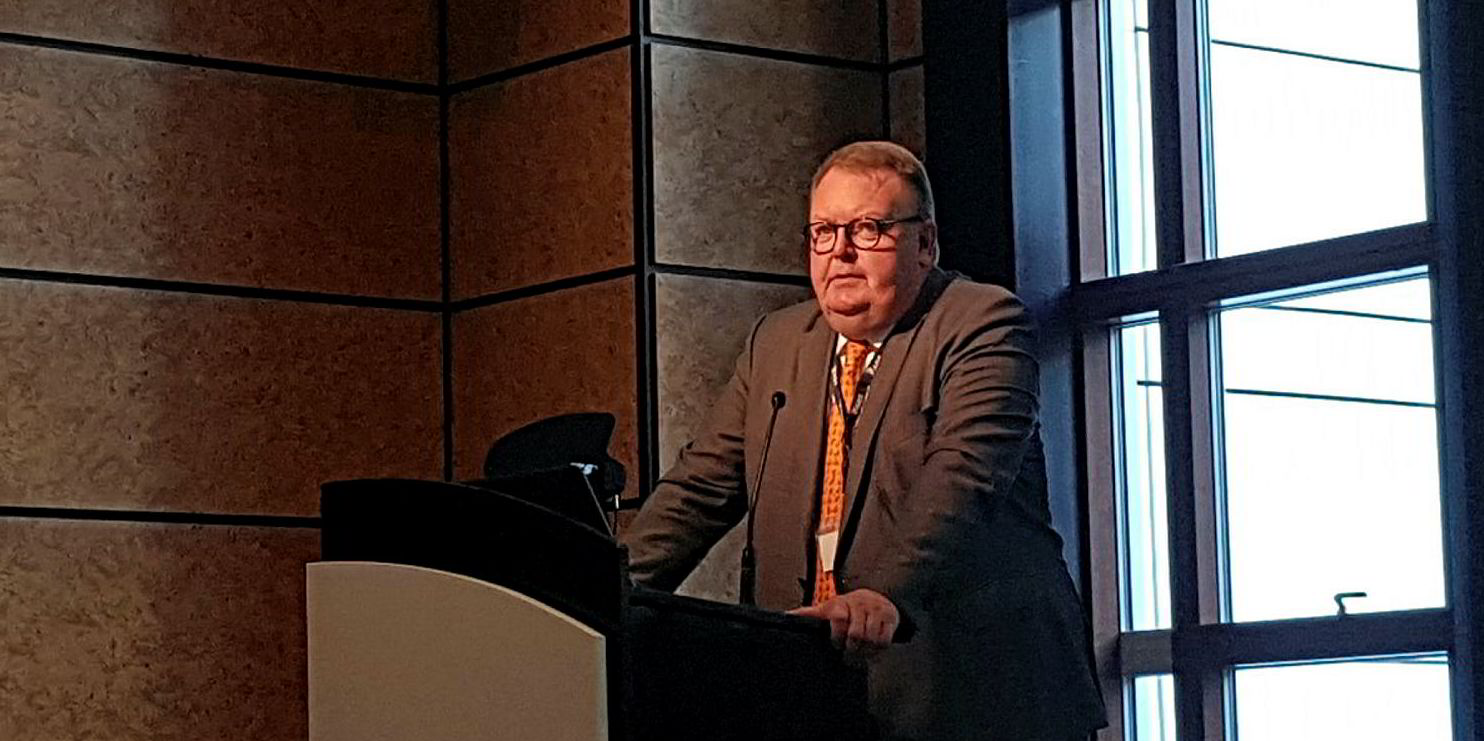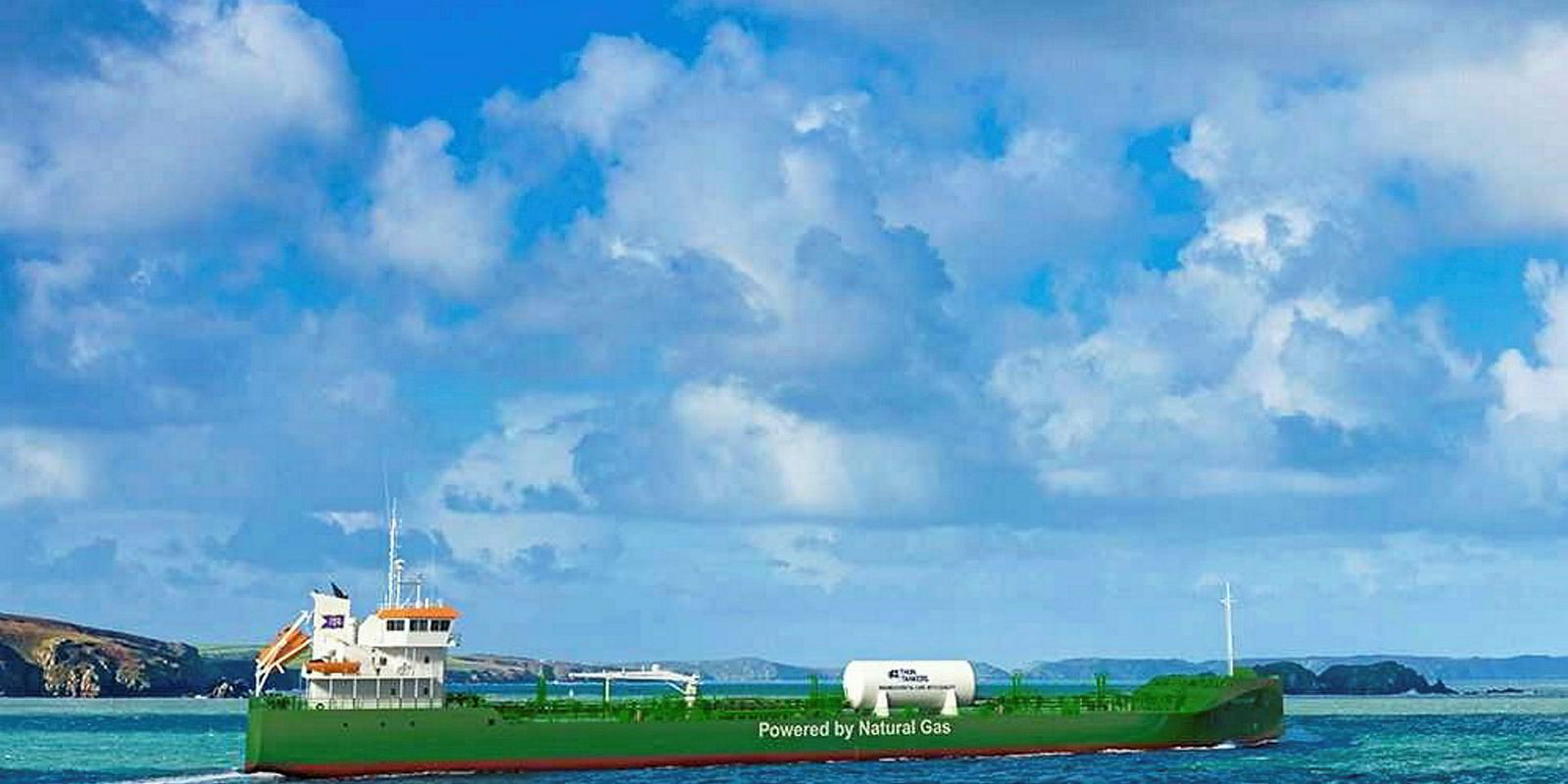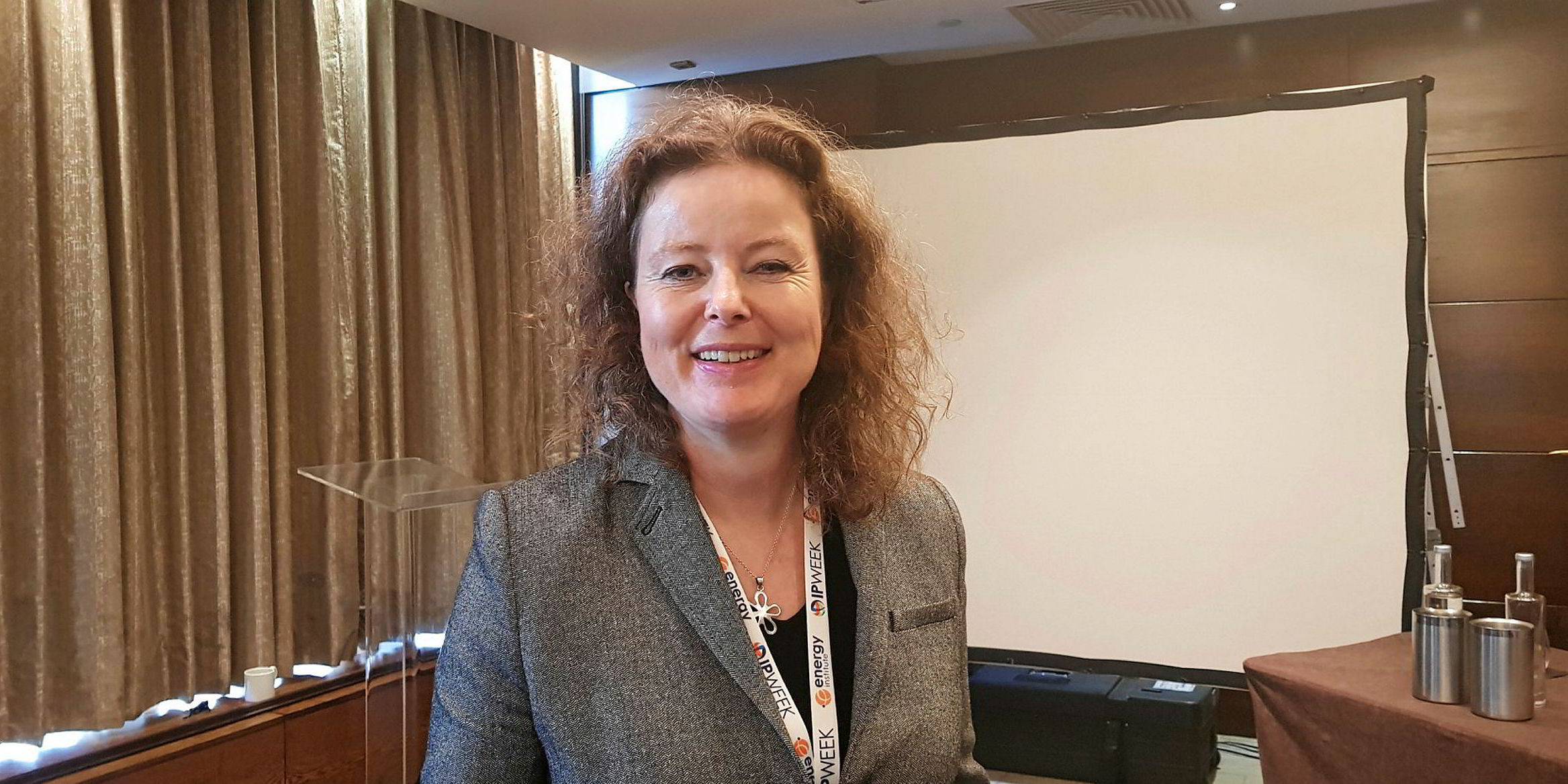Ship operators should start to train their crews to handle the IMO-compliant fuels as early as possible, with fuel compatibility issues likely more serious than availability post-2020, according to some industry officials.
In the Chemical & Product Tanker Conference, Uni-Tankers’ managing director in global chartering Michael Eskling stressed the importance of operators training crews to inspect the tanks onboard, practise bunkering programmes and learn new fuel products.
“Be sure your crew know what’s going on,” Eskling told the audience. “Start in good time. Which is now—if not started already.”
This is not rocket science, but common sense.”
As vessels will need to switch from high-sulphur fuel oil (HSFO) to 0.5%-sulphur fuels from 2020, as required by the IMO, industry focus has gradually shifted to the optimisation of bunkering configurations to meet regulatory requirements.
As new, different types of 0.5%-sulphur bunker blends emerge, compatibility could become a major issue as blend formulations tend to vary widely.
“I think there will be enough fuels,” IPIECA technical director Rob Cox said. “In the short term I am much worried about fuel stability and compatibility.”
“There will be a cultural change: ship crews will have to become familiar with new fuel rules.”
Cox strongly suggested against mixing fuel oil blends with distillates, straight-rule fuel oil with a processed one, or fuels of greatly different densities.
“Choose fuels with similar viscosities and densities,” Cox said. “Avoid mixing bunker fuels from different sources wherever possible.”
Ship operators can also choose to install scrubbers onboard to continue consumption of HSFO, but many remain doubtful over the environmental benefits of such technology.
Some national authorities, including Singapore, have banned the use of open-loop scrubbers in port operations.
While saying the discussions over scrubbers have turned “almost religious”, in which personal beliefs can outweigh scientific evidence, Eskling nonetheless admitted he is in the non-believer camp.
“It does not make sense to me,” he said.
Overall, the shipping industry is urged to rigorously prepare to implement IMO 2020, a challenging task that could catch many off guard.
“Implementation will be the theme throughout 2019…forward planning is crucial,” IMO secretary-general Kitack Lim said.
“This regulation [will] come into force overnight practically. So there are challenges for the industry,” American Bureau of Shipping executive vice-president Kirsi Tikka said.





